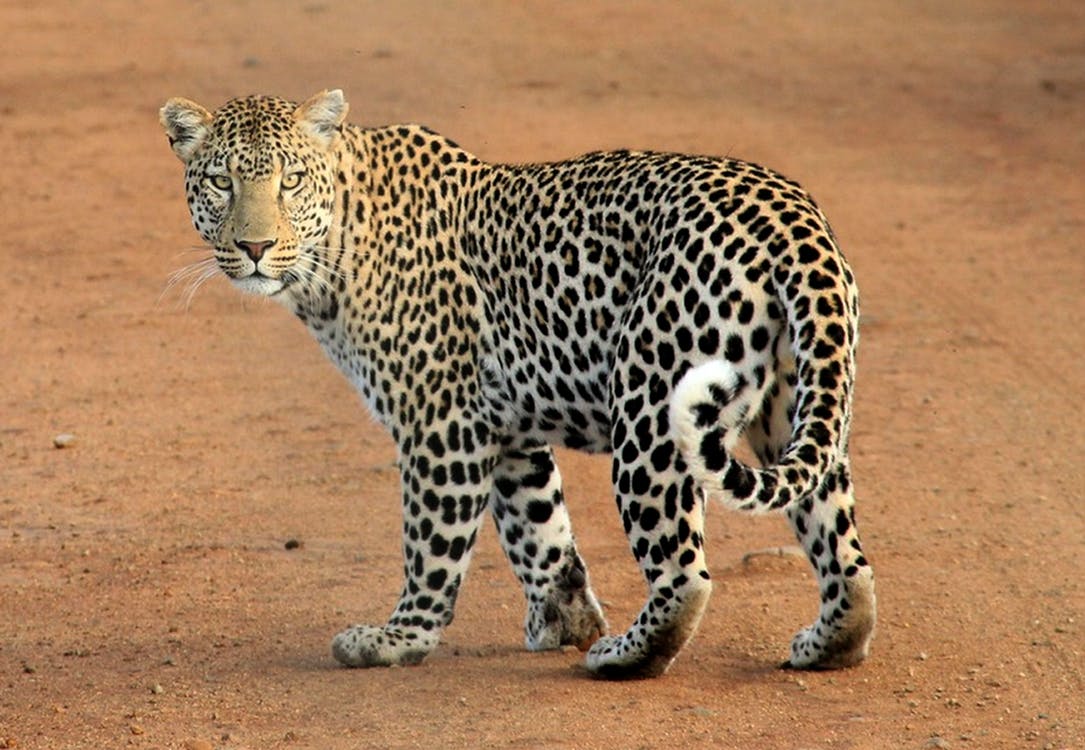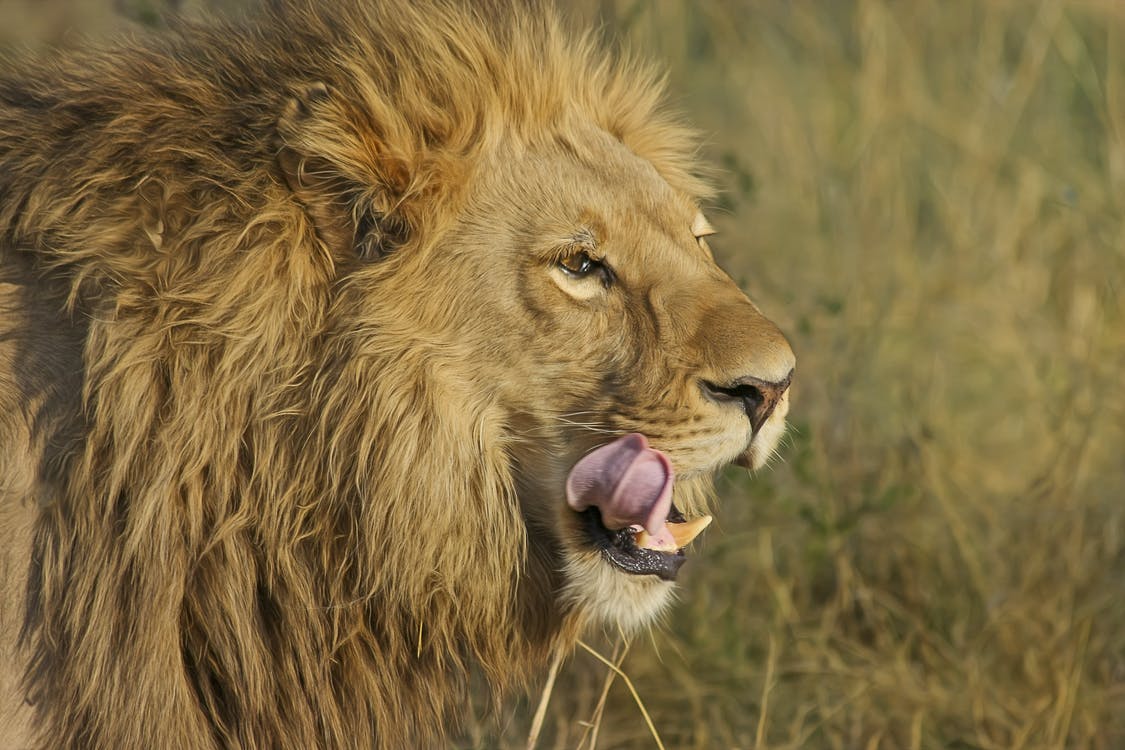
Predators will start becoming even fiercer as global temperatures rise, says a study that looked at how warmer conditions could affect diversity and competition between species.
According to a paper published in Proceedings of the Royal Society B, warmer temperatures could cause ravenous animals to wipe out smaller prey, upsetting the delicate ecological balance of nature.
Why? Well, heat helps to boost metabolism, which in turn increases appetite. The result is that predators become more active, but as the study found, not all prey fare the same.

For their experiment, researchers placed two species of springtails (tiny insect-like creatures) along with predatory mites in petri dishes and increased the temperature in increments of 5 degrees. Though they had hypothesized that smaller prey would have an advantage because they need less food, the opposite turned out to be true.
Smaller springtails were less able to adapt to the warmer conditions, making them more susceptible to predation, while larger springtails were better able to escape the mites.
When applied to larger animals like lions and zebras, the scientists say the effects could be similar. This means as temperatures continue to rise, more prey could be wiped out sooner as predators become more active and competition between species increases.





